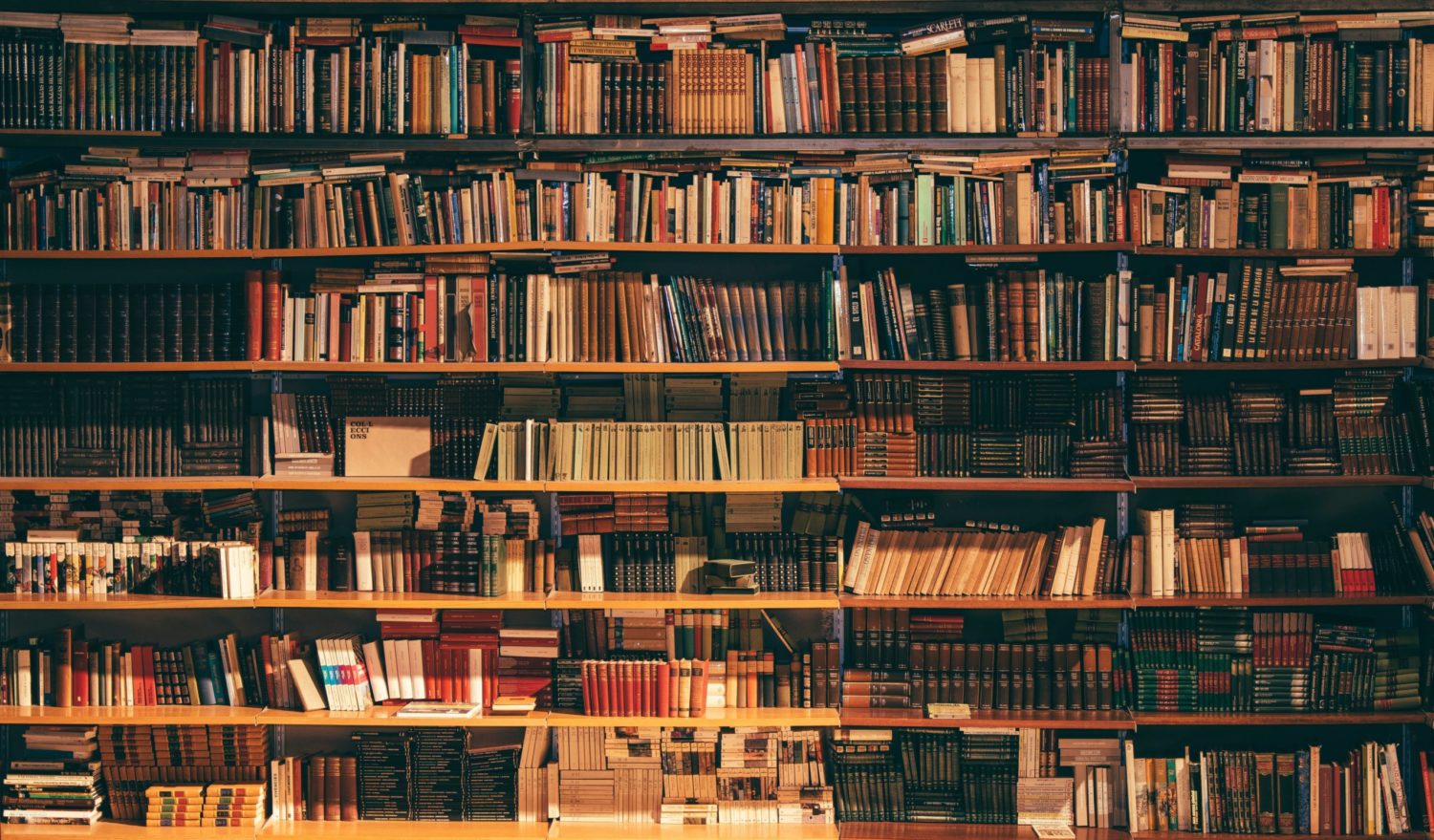My thoughts about violence and war have been explored in this blog a number of times before; now is not the time to rehash those old arguments. Nor do I subscribe to the belief that I have to conform to my previously stated views in the present: I believe that we continue to grow an change as our life progresses; to do otherwise would be to become a fossil. Nevertheless, for a whole host of reasons, and most of them terrible (in the sense of great and terrible, not you’re terrible, Muriel), it is important to take a moment from our modern live and reflect upon the fact that it has been one hundred years since the start of World War One.
If present indications are anything to go by, the following year will be much more than a moment’s reflection. I know that there are artworks and exhibitions planned, as well as pilgrimages and special television presentations. Fair enough, I guess, although I can’t help feeling that, especially in the case of television, it is a pursuit of viewers rather than a commemoration of something more serious. At least, as far as I know, we are not celebrating VB as the annual sponsor of the centenary.
Enough. I’ll not write much about the events: better thinkers and better writers than I have sufficiently captured the conflicting nature of war. And war has come close enough to my own family for us all to have felt its touch. Suffice to say one thing, and one thing only: I believe that humanity is better in solidarity. We are at our best when we work together as a group to achieve some grand vision. When we undertake challenges that we previously thought were impossible, and we prove to ourselves and the rest of the world that it is truly possible, we become more than some blind animal scraping by in an attempt to pass on its DNA. I’m not sure what we become, but surely that is what we are striving for: a chance at greatness.
And yet, to me, war and its attendant bloodshed is the antithesis of it. I’m not saying it’s natural, animal-like. No, there’s too much of the human drive in our capacity for new and inventive way of killing people. Instead, what troubles me is the fact that there is such waste involved in war. Sure, there’s physical waste – cities being levelled, materials turned into explosives, oil powering tanks and trucks and battleships. But that’s not the worst of it – the real trouble is the terrible waste of human capital. People are a finite resource. Every life senselessly wasted is a life that could have been something else. A poet, a painter, an engineer. A scientist, a teacher, a writer. A husband, a mother, a dreamer. And instead, they’re in graves spread across the world, their potential untapped.
